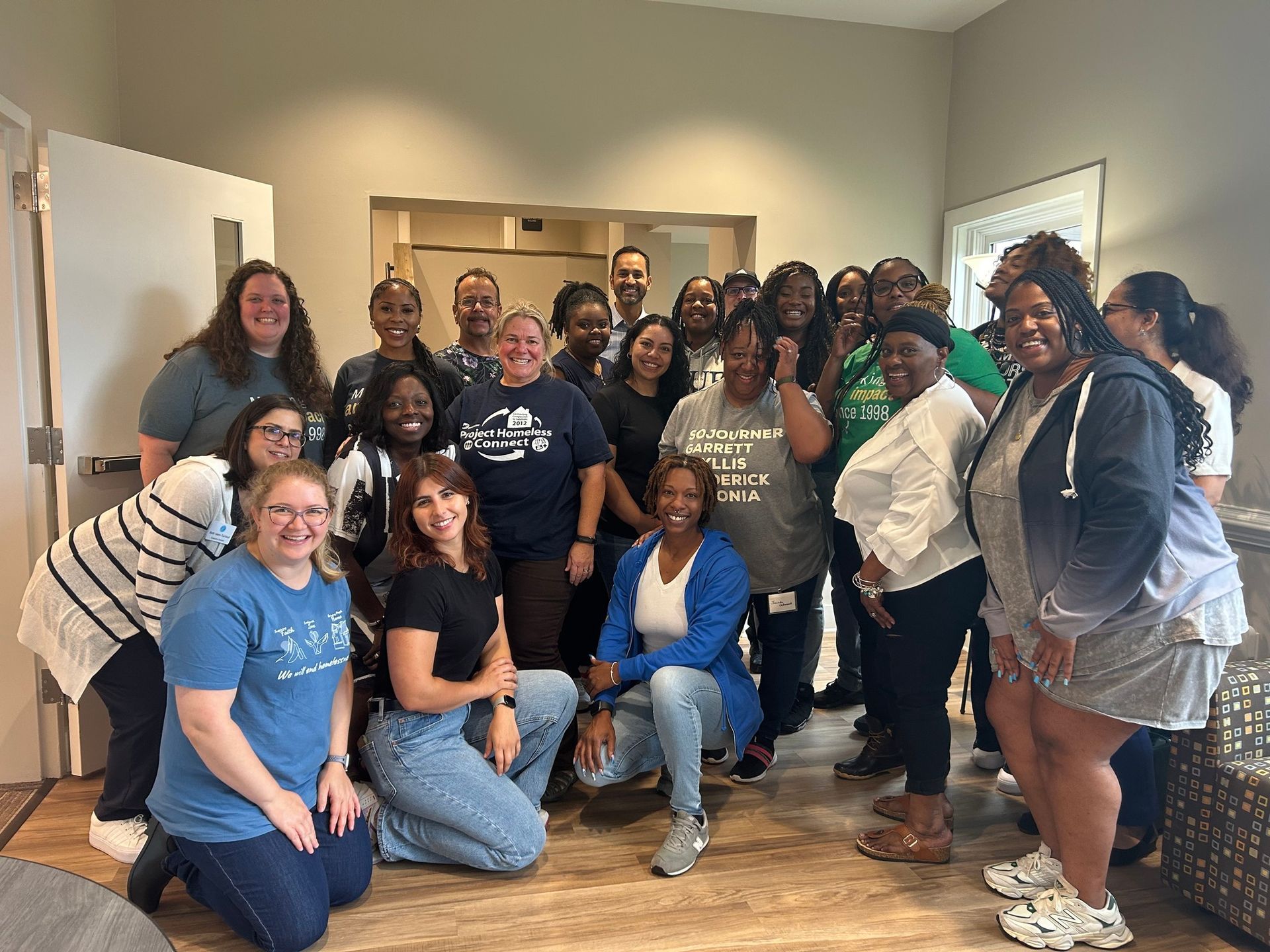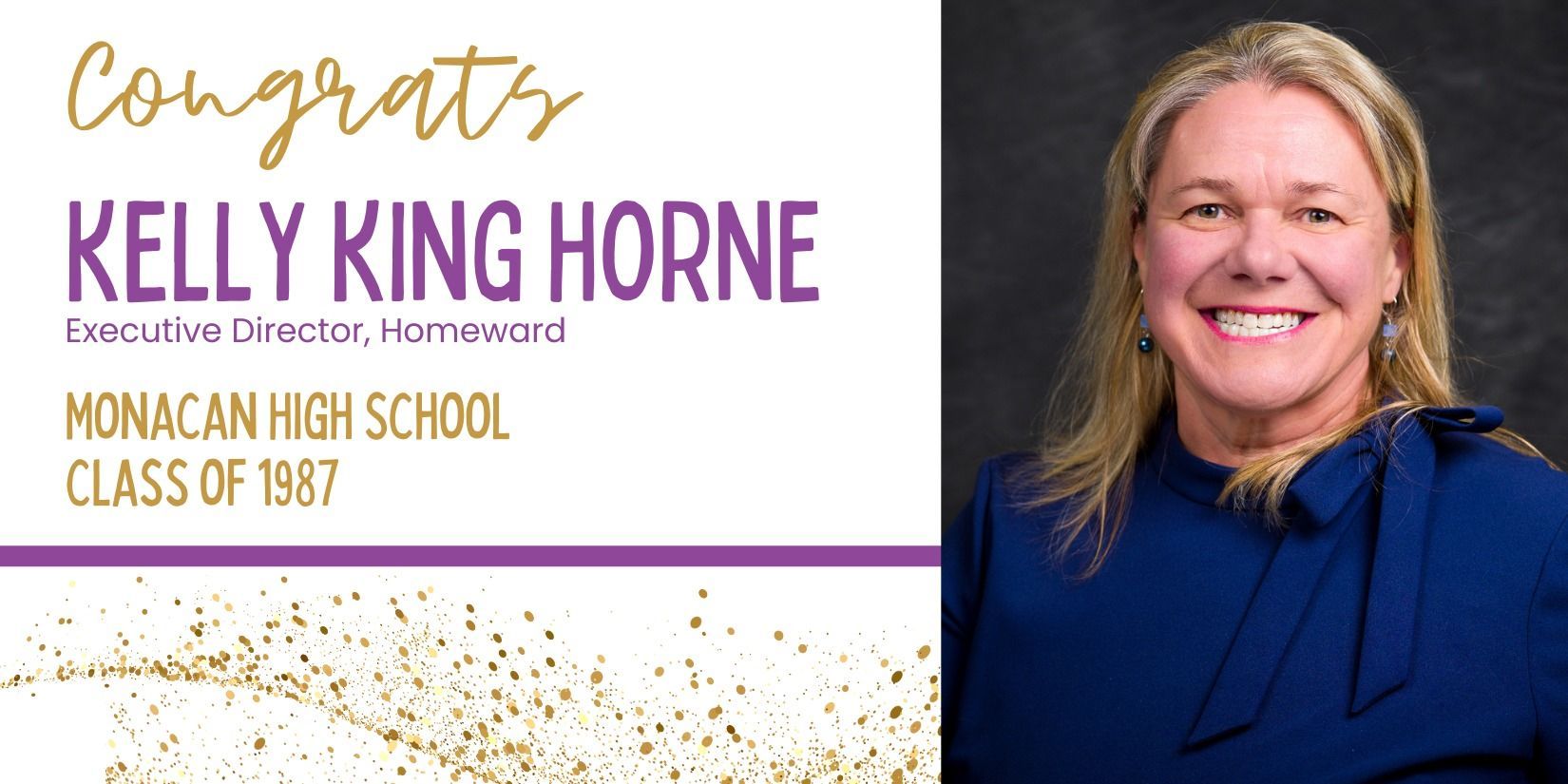Addressing Homelessness: Supporting Frontline Staff
This post is part of a series that explores the ways in which the Richmond region addresses homelessness and provides context on how our collaborative and regional network operates. You can access other posts in this series on Access Versus Resources, Funding by The Numbers, and Keys to Helping More People.
Homelessness is a complex issue. The frontline staff members who support those experiencing homelessness feel called to this work. Criticizing these staff members, their work, and their dedication is unacceptable. We can have conversations and disagree about the best programs or strategies to address homelessness, but we all should be acknowledging and thanking these staff members for their commitment and compassion.
Frontline staff members have reported that this repeated criticism, especially from elected officials, weighs on them and makes their already challenging work even harder. They feel personally attacked and maligned when they’re doing their best to support others in housing crises day in and day out.
HCL staff members patiently and compassionately listen to all callers, even when the callers repeat the same criticisms and accusations and share frustrations about their personal experience with the affordable housing crisis in our community. HCL staff members work with each caller to help find solutions to their housing crisis. Staff members offer problem solving help and provide community resources—using a list of faith-based resources and public sector programs. Some HCL staff have even talked to friends and family members of callers to try to resolve their housing crisis. And, HCL staff record the data needed to continue to develop pathways to permanent housing in our community.
As a partner in the GRCoC and a longtime advocate for addressing the homelessness and affordable housing crisis in our community, I would love to use this moment to take what we hear from people calling the HCL to develop solutions and resources that will meet the immediate need for assistance and do the hard work of addressing the gaps in resources. We can do this without furthering persistent criticisms against the people doing the hard work to meet people where they are and walk alongside them in crisis.
















